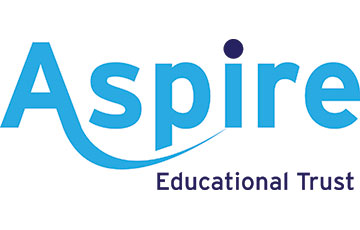A typical Maths lesson
Lessons at Wilbraham Primary School are underpinned by three principles:
- Connected: new learning happens when explanation is linked to prior knowledge.
- Chunked: information should be provided in small steps to minimise cognitive load and maximise understanding and retention.
- Clear: clarity of language is essential in ensuring pupils understand and remember concepts.
In Key Stages 1 and 2, lessons are carefully designed around teaching one small step within a teaching point and they are a balance of explicit instruction, collaboration and dialogue. Our aim is to unpick the small idea the lesson is based around using procedural and conceptual variation so that all children have a deep understanding before they move on to the next small step. In line with the school’s Metacognition and Retrieval policy, each part of the lesson allows children to develop these skills.
Our lessons are structured around the Oak National Academy learning cycles. Lessons begin by Connecting to prior knowledge, and then Exploring a key representation to introduce the small step. This is then followed by the learning cycle and each learning cycle covers several phases: Explain, Check, Practice and Feedback. Each learning cycle teaches one small step in learning. In most lessons we will move through 2 learning cycles (small steps). They become part of our daily lesson structure.
- Connect – building new knowledge onto prior knowledge. At the beginning of the lesson, teachers will use an Oak National Academy starter quiz to enable all children to retrieve information from their long-term memory, linking previously taught vocabulary, representations and models to new learning.
- Explore – a low floor-high ceiling task which provides an entry point for all learners to access the new learning. A representation is displayed, and all children are encouraged to share their ideas through careful use of ‘what do you see?’, ‘What do you notice?’ and ‘What do you wonder?’ questioning.
- Explain – this involves explicit teaching, explaining the new learning in small steps, minimising cognitive load. Teachers use the Oak National Academy slide deck, concrete manipulatives and questioning to reveal new learning.
- Check – throughout the lesson, teachers regularly check for understanding and address misconceptions.
- Practice – this is an opportunity for pupils to apply and consolidate their learning and helps to commit new knowledge and skills to memory. Teachers use the Oak National Academy tasks, activities and games to provide children opportunities to demonstrate their learning.
- Feedback – in this part of the lesson, children are provided with information about their performance on a task or activity, with the goal of helping them improve their learning. It is an opportunity to find out what a child can and cannot do and allows us to adapt our teaching to support all learners.
- Debrief – using the summary slide from the Oak National Academy slide deck, we consolidate learning and agree generalisations. We may also use an exit quiz to ensure children have learnt what was intended.
 Wilbraham Primary School
Wilbraham Primary School




